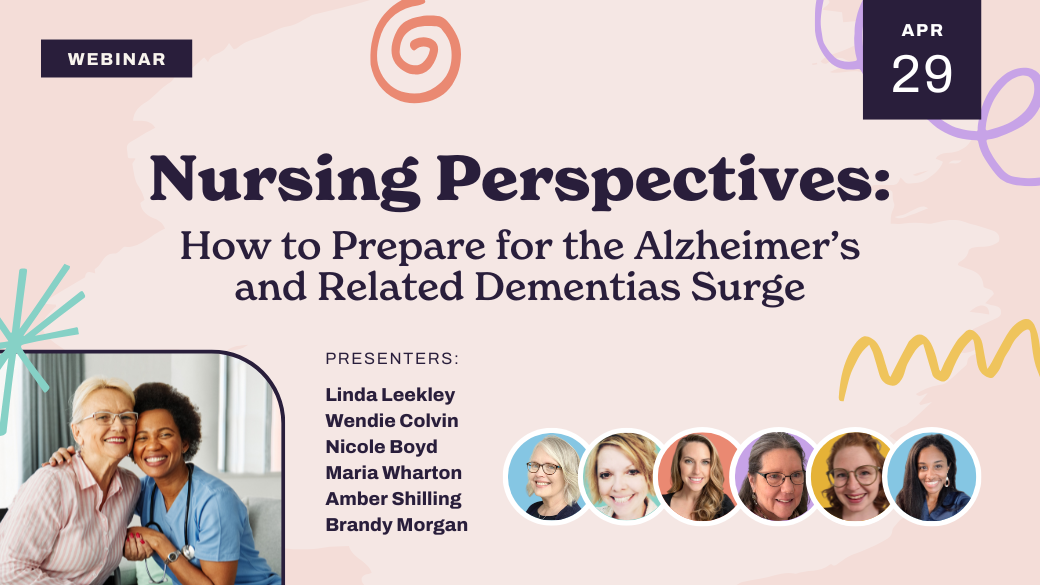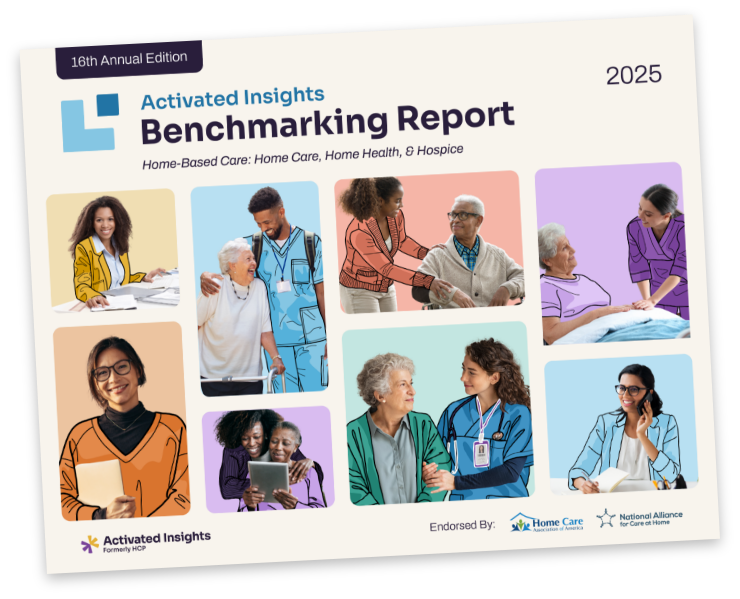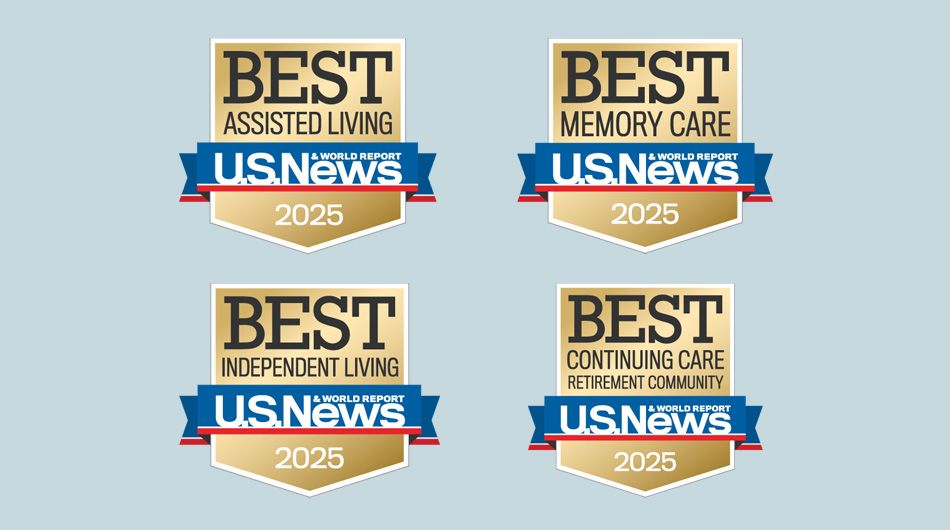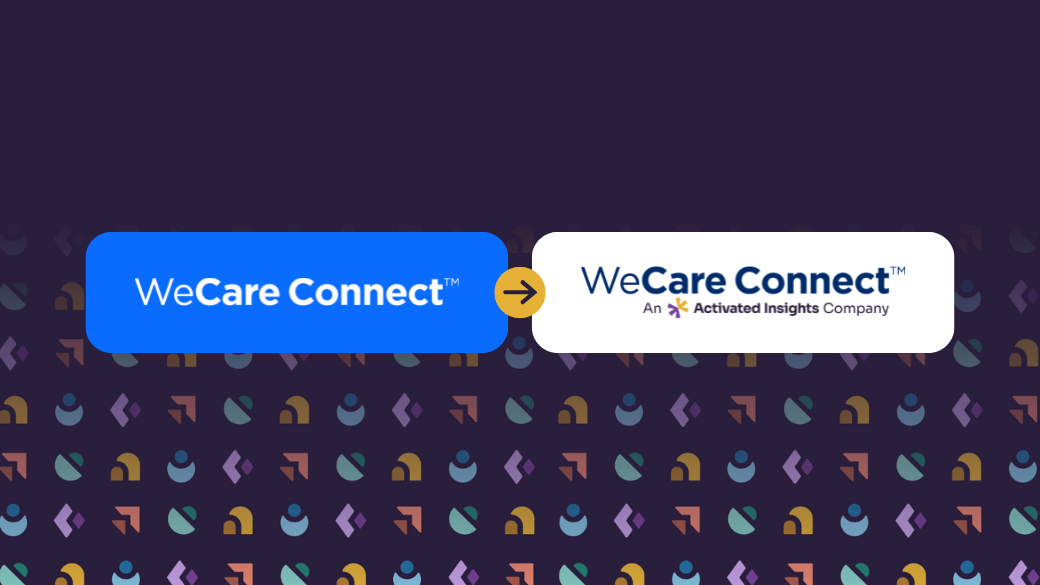75 Caregiver Interview Questions to Help You Hire the Right Candidates
If you’ve ever hired an applicant who seemed like the perfect fit for your agency in the interview but performed poorly on the job—your interview questions need an upgrade. Hiring long-term caregivers that are qualified and experienced starts by asking the right interview questions, and by upgrading your questions, you can identify the best candidates for your agency.
In fact, your agency’s reputation, employee satisfaction, and quality of care all depend on the questions you use to vet your candidates. The interview process isn’t like a test, where each question has a single, correct answer. When talking to caregiver candidates, you want to ask questions that help you determine who the person is, how they perform their job, and how they can benefit your agency and your clients.
Your questions should form an inverted pyramid, starting with broader general questions and building towards more specific questions. This formula will give you an idea of the candidate’s personality while understanding their skill set, experience, and reactions to various situations. To ensure there are no surprises, and to guarantee you’re hiring the right fit, get a full picture of your prospective caregivers by asking a few questions from each of these categories:
General questions to reveal character and compatibility
Questions about experience to determine starting point
Skill-based questions to assess role competency
Hypothetical scenarios to test thought process
Questions to help you understand their needs as an employee
Question Category #1: Revealing Character and Compatibility
Post-acute care is an industry that requires compassionate and empathetic professionals who have both people skills and medical expertise. When interviewing candidates, it’s essential to assess how they will fit into your current workforce and what you can expect from them when working with clients. These general questions will help you uncover your candidate’s personality, character, and compatibility with your agency as you get to know them on a personal level. Many of these questions are not work related, allowing you to get to know the candidate as a human before learning about them as an employee.
1. In your opinion, tell me what makes a good caregiver and why you think you’d be the right fit.
2. What made you choose to apply to be a caregiver?
3. What made you apply to work at this agency?
4. Tell me what makes you most excited about working with seniors.
5. Tell me about a personal or work-related goal you have and what you are doing to accomplish it.
6. Share with me a time when you displayed [one of your company’s core values].
7. What aspects of the job do you find most likely to wear you down or discourage you?
8. Tell me about the best day at work you’ve ever had and what made it so goodmemorable.
9. What do you do to motivate yourself to work during hard times?
10. What is your proudest achievement outside of work?
11. What do you hope to accomplish in this job?
12. What three words would you want your epitaph to say?
13. What would your autobiography be called?
14. Do you set personal goals for yourself when beginning a new job, and if so, can you tell me about some past goals you’ve set at work and how they went?
15. What is the biggest challenge you face while working as a caregiver [or what do you think it will be], and what have you done/are you going to do to handle it?
16. What’s the most interesting thing about you that we don’t already know from your résumé?
17. What personal values are most important to you?
18. What do you view as your greatest flaw as an employee, and what are you doing to improve this?
19. What personality trait of yours do you think makes you most valuable to employers?
20. If you could choose an animal that represents you as an employee, what animal would it be and why?
21. What are your career goals, and how do you think we can help you achieve them?
Question Category #2: Past Experience and Current Starting Point
Before hiring a candidate, it’s important to understand where they’re coming from and what level of experience they already have. This part of the interview will help you get an idea of the type of training your candidate will need to succeed in their role by learning about their caregiving background. These questions should be tailored to each candidate’s experience. Keep in mind that, while experience in pre- or post-acute care is useful, you can always train inexperienced candidates who possess the skills you can’t teach, such as a willing attitude, empathy for others, and self-motivation. These traits are essential in a caregiver, as they directly impact client satisfaction and care quality.
For candidates with experience in the pre- or post-acute industry:
22. Tell me about your level of experience working with seniors so far.
23. How much experience do you have working with clients with Alzheimer’s [or another condition relevant to your agency’s needs]. What challenges have you experienced while working with these clients and what did you do to overcome these challenges?
24. Tell me about a time when you cared for a senior. What part of the experience was most difficult and most meaningful to you?
25. How much previous training do you already have? Which topics do you feel confident in, and which would you like to learn more about?
For all candidates regardless of experience in caregiving:
26. Why did you leave your last job?
27. What was the hardest part about leaving your last job?
28. Tell me about a time you worked with a difficult client or customer. What made it difficult to work with them, and what did you do to resolve the issue and help them?
29. Tell me about a time when you made a mistake at a past job. What did you do to correct it?
30. What’s the biggest takeaway or lesson you’ve learned from your past jobs?
31. Tell me about a time, at work or in your personal life, when you failed. What did you learn from the experience and what would you have done differently?
32. What do you hope to do differently at your next job than you’ve done at past jobs?
33. Tell me about your favorite past job and what made it so rewarding.
34. What is your proudest achievement from a past job?
35. Share with me an experience when you had to be reprimanded at work. How did you handle the correction?
Question Category #3: Assessing Skills and Role Competency
As you start drilling into the details during your interview, you want to gain a better understanding of your candidate’s ability to successfully complete the role they’ve applied for. Give your candidates opportunities to show their qualifications using real-world examples to determine what essential skills they possess, growth opportunities, and what specializations or unique abilities they can bring to the role.
36. How has the experience on your resume helped you build the skills necessary to be a good caregiver?
37. How do you adapt to working with people that are different than you?
38. Imagine that you are finding a caregiver for one of your loved ones. What traits or skills would be most important to you for this caregiver to have?
39. What do you believe is the single most important skill for a caregiver to have? Tell me about a time where you demonstrated this skill, as a caregiver or in another line of work.
40. Share a time you realized you lacked a particular skill required for your job and explain what you did to develop that skill.
41. What skill or trait of yours do you think your clients will value the most?
42. If you were hiring someone for this position, what are the top three skills or traits that you would look for?
43. What skills do you have that make you feel the most qualified to be a caregiver, and which skills do you feel you still need to develop?
44. What is a work-related skill that you are excited to develop or learn more about?
Question Category #4: Hypothetical Scenarios to Test Thought Process
Not all your questions have to be direct; you can learn more about your candidate’s abilities, personality, and traits through hypothetical scenarios that require them to think critically about how they would approach the situation you describe. By posing specific, realistic scenarios, you will be able to discern your candidate’s thought process, work ethic, and conflict management skills. Feel free to tweak these scenarios to reflect circumstances specific to your agency and be sure to allow your candidates enough time to provide a comprehensive, well-thought-out answer.
45. Describe a time when it would be appropriate to use your phone on the job and a time when it would be inappropriate.
46. What approach would you take in teaching a senior to use a new app on their phone?
47. What would you do if you disagreed with your supervisor on how to best care for a client?
48. If a client of yours refused to [take a shower, eat their meal, go to the bathroom, etc.], how would you deal with the situation?
49. How would you handle a situation where a work supervisor reprimanded you in a way you felt was unjustified or unfair?
50. Suppose that someone you know came bursting through the door right now, out of breath, and told me why I absolutely need to hire you. Who is that person and what would they say?
51. Describe a circumstance in which you believe it would be justified to be late for work.
52. How would you respond to a client who used rude or derogatory language toward you?
53. Imagine that you decide you need in-home care for yourself. Describe the kind of caregiver you would want to take care of you. How well do you think you meet these criteria as a caregiver?
54. If we could bring your pet in here right now and ask it for a reference about your personality, what would it say?
55. If you were the owner of a caregiving agency, what would be the most important trait you’d want your caregivers to have?
56. If you could go back and start over at your last job, what would you do differently?
57. If I could get a reference from the last person you talked to when you called customer support for assistance with something, what would they say about you?
58. If everyone we hired had the exact same personality, experience, and skillset as you, how do you think that would affect the business as a whole? What kind of positive or negative effects would we see?
59. If I talked with your past employers, what is one negative and one positive thing they would say about you?
60. If you are hired here, what will you do on your own initiative to make yourself the best employee you can be?
Question Category #5: Understanding Their Needs as an Employee
By now, you’ve asked a lot of questions about what the candidate can offer you to fulfil your agency’s needs. Now’s the time to ask what your candidate needs to be satisfied if hired. While the interview process is designed for you to get to know your candidate’s abilities, it’s also the best time for your candidate to determine if you can meet their needs and keep them satisfied at work. Even if you love the candidate after the interview, if they don’t believe you can support them in the way they require, they may choose to pass on the job offer. The following questions are a critical part of the interview to help both you and the candidate understand what job satisfaction, security, and growth would look like at your agency. This is also the perfect time to answer any questions the candidate may have for you, ensuring they have all the information they need to make the best decision going forward.
61. Everyone likes to be recognized for their work in different ways. How do you prefer to be recognized for your work, and how can we help you feel appreciated when you go above and beyond?
62. Suppose you decided you wanted your wages to be paid in something other than money. What would it be and why?
63. How do you prefer to receive constructive feedback from your boss or supervisor?
64.What is your preferred method of communication with your employer?
65. What kind of company culture helps you to thrive?
66. What types of rewards or recognition from your employer best motivates you?
67. If you were to get the job, what kind of training could we provide that would help you feel more confident as a caregiver?
68. What are the three factors most likely to persuade you to stay working for a job long-term?
69. What are your top three deal-breakers that would persuade you to quit a job?
70. What could past employers have done differently that would have encouraged you to stay on board?
71. What could your future employers do differently than your past employers to help you perform more effectively and feel more fulfilled in your job?
72. What are the top two or three factors that make a job fulfilling for you?
73. How can we connect your goals/skills/needs with our opportunities as an agency?
74. We want to make sure we’re scheduling you the number of hours you’re looking for. How many hours are you looking to work each week?
75. What questions or concerns do you have for us?
Asking the Right Questions Doesn’t Stop Here: Revolutionize Your Recruitment Efforts with Activated Insights
Upgrading your interview questions will ensure both you and your caregiver candidates get an honest idea of what it will be like to work together from the start. But the importance of asking your employees the right questions doesn’t end with the interview.
Create a culture of open communication where feedback is not only welcomed, but actively sought out, by continually checking in on the satisfaction of your caregivers throughout their employment.
Providers at BrightStar Care used the only third-party feedback survey program built specifically for care agencies to retain more than 85% of employees in their first 6 months of employment. Through phone and digital surveys, BrightStar Care gained a better understanding of areas they could improve to enhance employee satisfaction, giving them a clear roadmap to retaining their employees. Check out Activated Insights Experience Management to get an unbiased view of what it’s like to work at your agency and what your caregivers really need from you to succeed after the interview.
Additional Resources for Caregiver Recruitment
How BrightStar Care Tinley Park Uses Activated Insights Experience Management to Retain 85% of Caregivers For Their First Six Months
6 Interview Strategies for Hiring the Best Long-Term Caregivers
How to Use Your Caregiver Onboarding Process as Your Agency’s Best Recruitment Tool
Related Posts











